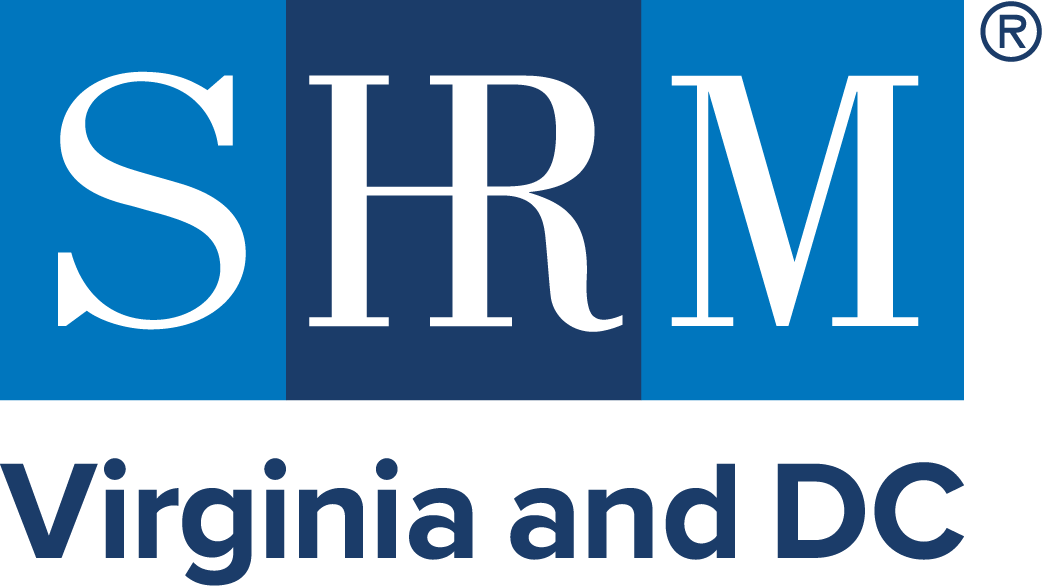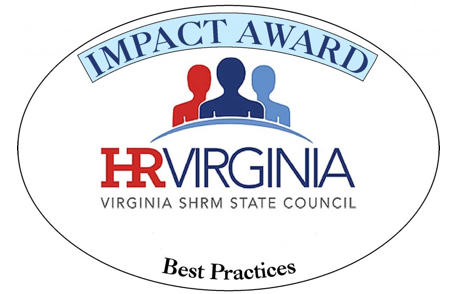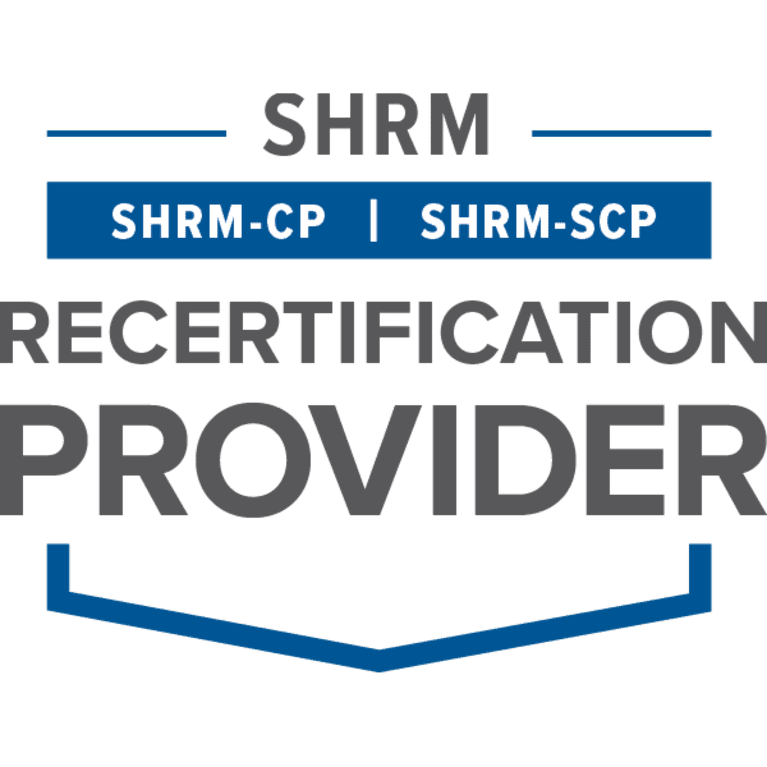Coping with and preventing burnout
This article was published on the Psychology Today website under the blog heading Confessions of a Psychological First Responder and is being shared with the permission of the author.
KEY POINTS
- An APA study in 2021 found that 79 percent of workers reported work-related stress, with many heading for burnout.
- Burnout is most likely to happen to good workers who are invested in what they do for a living.
- Reversing burnout starts by taking an honest inventory of one’s work life.
Psychological first aid (PFA) frequently takes place either directly in the workplace or because of an emotional wound obtained during work hours. Over the years, I’ve received numerous emotional 911 calls from workers, from a myriad of occupations, to deal with the psychological injury known as burnout. When not responding on a 1:1 basis, I provide trainings, workshops, or seminars on the topic.
The American Psychological Association (APA) defines burnout as “physical, emotional, or mental exhaustion accompanied by decreased motivation, lowered performance, and negative attitudes toward oneself and others.” The World Health Organization adds, “Burnout is a syndrome resulting from workplace stress that has not been successfully managed.” An APA study in 2021 found that 79 percent of workers reported work-related stress with many heading for burnout. It’s no overstatement to suggest that we are on the brink of a burnout pandemic that has been accelerated by the ongoing COVID pandemic—the perfect stress storm.
Stages of burnout
PFA is the perfect tool for addressing burnout as this level of stress has much in common with physical manifestation of burns to the skin. PFA aids clients by increasing their awareness of the level of burnout, identifying the emotional hot spots in their work environment, and teaching the skills necessary to soothe the charred ego. I’ve developed a corollary degree scale when addressing clients who present with burnout and find it very effective in assisting them in developing the appropriate course of treatment.
First-degree: Motivation waxes and wanes and often needs a kickstart from either an ingested substance, i.e., caffeine, or an external push, as in a call to the supervisor’s office. This stage is also evidenced by one’s emotional fuse growing shorter and the snap factor at a moderate level, leading to negative body language and verbal assaults known as rants.
Second-degree: Motivation is now leaning heavily toward the low end and negativity becomes the primary fuel to get one through the day. The emotional fuse is at an all-time low and even innocuous comments can lead to a blow to one’s self-esteem. Work stress is worn as a badge leading to both verbal and non-verbal displays of “Don’t even think about asking me to do anything else!” Complaints about these workers are often tagged with the words, “bullying, toxic, or hostile work environment.” Other descriptions are more direct and often tagged with “expletive deleted.”
Third-degree: Motivation no longer seems like a good idea and performance is no longer measured in meeting goals but simply showing up. The emotional fuse needs only the smallest of sparks to detonate the frustration bomb lodged in the psyche. Complaints about these workers often decrease as they no longer have the energy to make others feel their pain.
Burnout often affects ideal workers
One of the cruel ironies of burnout is that it’s most likely to strike workers who take their work seriously, invest a large part of themselves in what they do for a living, and feel a sense of responsibility for the work of others—the ideal worker.
Many of the clients I work with will ask what seems like the obvious question at this point: “So, are you saying I should just stop caring about my job?” My response is, “That’s one option, but it won’t win you Employee of the Month and could be career-limiting.” Additionally, I don’t prescribe the standard stress remedies of “eat right, exercise, and get plenty of sleep” since in most cases, this causes more stress and sometimes tears as the person has left those remedies behind, replacing them with brownie bowls, couch surfing, and insomnia.
Treating burnout
Putting the brakes on the burnout train starts by taking an honest inventory of one’s work life. (If that train is already in runaway mode, it’s a good idea to seek professional help.) Important questions to ask include:
- Do I take responsibility for things that I have no control over?
- Do I negotiate unrealistic work deadlines?
- Do I set realistic goals for myself?
- Do I manage my time properly?
- Do I have adaptive tools for managing stress?
- Do I have irrational work beliefs? (*See below for a list of beliefs that contribute to work stress.)
Once you’ve taken stock of your expectations, it’s time to apply a soothing salve. Like many physical ailments, burnout does not happen overnight but exists on a continuum. This means that there are mechanisms that can be both preventative and restorative. A good mental health hygiene program includes the following tips:
- Don’t believe everything you tell yourself: It’s the voice in one’s head that sets the tone for stressful living. If replacing negative self-talkwith positive affirmations feels like the tipping point on the to-do list, the simple practice of labeling the noise in your head as not helpful is enough to stop a downward spiral.
- Stop pretending that work is going to solve the problems in your personal life: The working cure—distracting oneself by taking on more work— assures that you will have dysfunction in both your real and work families.
- Learn to say “yes” to “no”: Overindulging in work tasks is the leading cause of stress obesity. Even managers are leery of employees who say yes to anything thrown their way. This leads to increased resentment as work piles up, matched by the resentment of one’s coworkers who will begin plotting how to bring the person who set the bar so high back down to earth. (In the early days of assembly lines these workers were known as rate-busters and would be left out of any of the fun after-work activities, which often involved complaining about the person making everyone else look bad.)
- Don’t commiserate: Sharing your stress-filled thoughts and feelings with other stressed-outpeople is like joining a gym for people who hate working out—soon you will have talked each other out of the gym and into the local donut shop to carb load. Groups of dysfunctional people seldom produce functional solutions to problems.
- Stop stressing about your stress: Stress is a part of any job and an occupational hazard. Developing the emotional equivalent of a hard hat or hazmat suit is essential to staying safe while planning for one’s retirement. I’ve met many weary workers who sought a geographical cure to their work stress only to find that the new job has the same stressors. If one stops the search for the unicorn of a stress-free job, it’s easier to see that the one constant in all stress-filled jobs is oneself. “I have met the stress enemy and he/she is me,” is a profound insight and the path to healing.
Treating the burnout wound through PFA can be accomplished through a self-directed approach or with the support of a life coach, mentor, counselor, or other helping professional. Like treating a burn, it’s important not to let the wound fester and become infected.
About the Author
Mike Verano, LPC, LMFT, CEAP, CCISM, CCTP, CFRC, is a licensed therapist, author, and public speaker.





